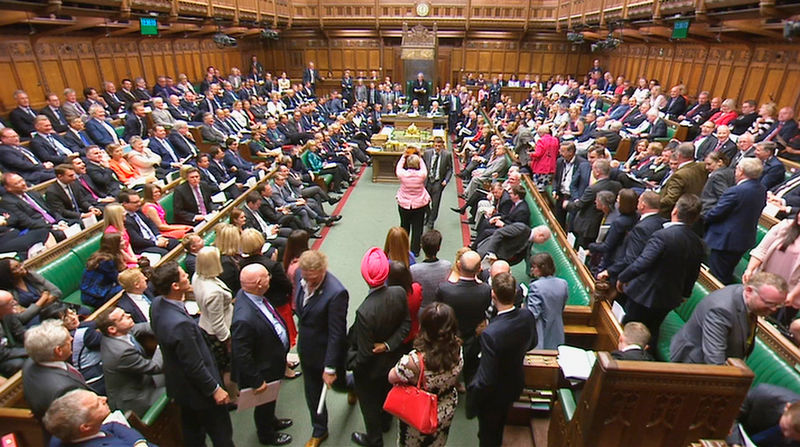Top European Payment Stocks Poised for Growth According to Bank of America
Proactive Investors - As the UK anticipates another general election, the economic track records of its two primary political parties, the Conservatives and Labour, come under scrutiny.
Panmure Gordon has evaluated their historical influence on key economic indicators since 1955, concluding perhaps not too unsurprisingly there isn’t much to choose between either.
“The historical economic performance under Conservative and Labour governments reveals few significant differences in GDP growth, a nuanced impact on equity markets, a slight Conservative advantage in currency strength, and a surprising lead for Labour in managing fiscal deficits.
“The real divergence lies in income distribution, with Labour favouring workers and Conservatives favouring capital.
GDP Growth: A Statistical Stalemate
An examination of quarterly GDP growth under different administrations reveals minimal disparity.
The Conservative-led governments have achieved an average quarterly GDP growth of 0.57%, while Labour has managed a marginally higher 0.59%.
This negligible 0.02% difference falls within the statistical margin of error, suggesting that neither party has a definitive edge in driving economic growth.
Equity Market Performance: A Complex Picture
Equity markets, at first glance, appear to favour Conservative administrations, with average quarterly returns of 1.8% compared to Labour's 1.1%.
However, when adjusting for international market trends, this apparent advantage diminishes.
UK equities, under Labour, have performed in the mid-range of global indices, whereas under Conservative rule, they have slightly lagged behind their international counterparts.
Currency Strength: Slight Conservative Advantage
The strength of the pound GBP has shown modest differences between the two parties.
On a quarterly basis sterling has depreciated by 0.26% under Labour and 0.16% under Conservative governments.
Although these figures indicate a slightly stronger performance under the Conservatives, the overall trend points to a consistent devaluation over the decades.
Fiscal Deficits: Labour's Surprising Lead
Contrary to common belief, Labour governments have managed smaller fiscal deficits, averaging 2.9% of GDP, compared to 3.3% under Conservative administrations.
While the recent pandemic and low borrowing costs during Conservative tenures could skew these figures, the data still challenges the stereotype of Labour as fiscally irresponsible.
Income Distribution: Labour Benefits Workers, Conservatives Favor Capital
The allocation of GDP between capital and labour presents a clear dichotomy.
Under Labour, employee compensation has averaged 52.3% of GDP, 1.3 percentage points higher than during Conservative administrations.
Conversely, profit margins have been 1.7 percentage points higher under the Conservatives, reflecting their pro-business policies.
Implications for Investors
For investors, these historical trends offer a nuanced perspective, Panmure suggests.
While the macroeconomic differences between the parties are minimal, their policies can significantly impact specific sectors and income distribution.
The Conservative focus on profit margins may benefit capital-intensive industries, whereas Labour's emphasis on employee compensation could enhance consumer spending power, benefiting retail and service sectors.
